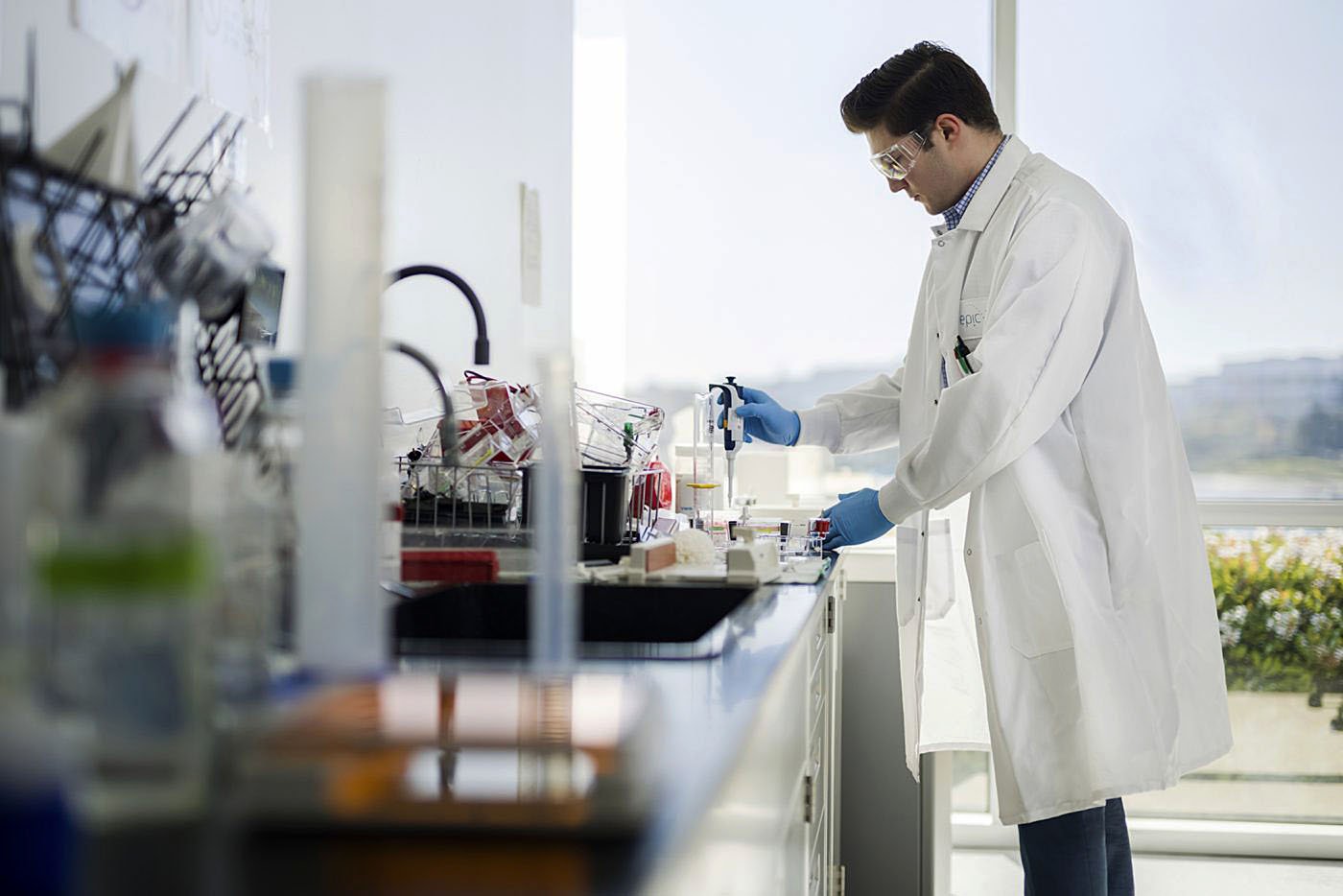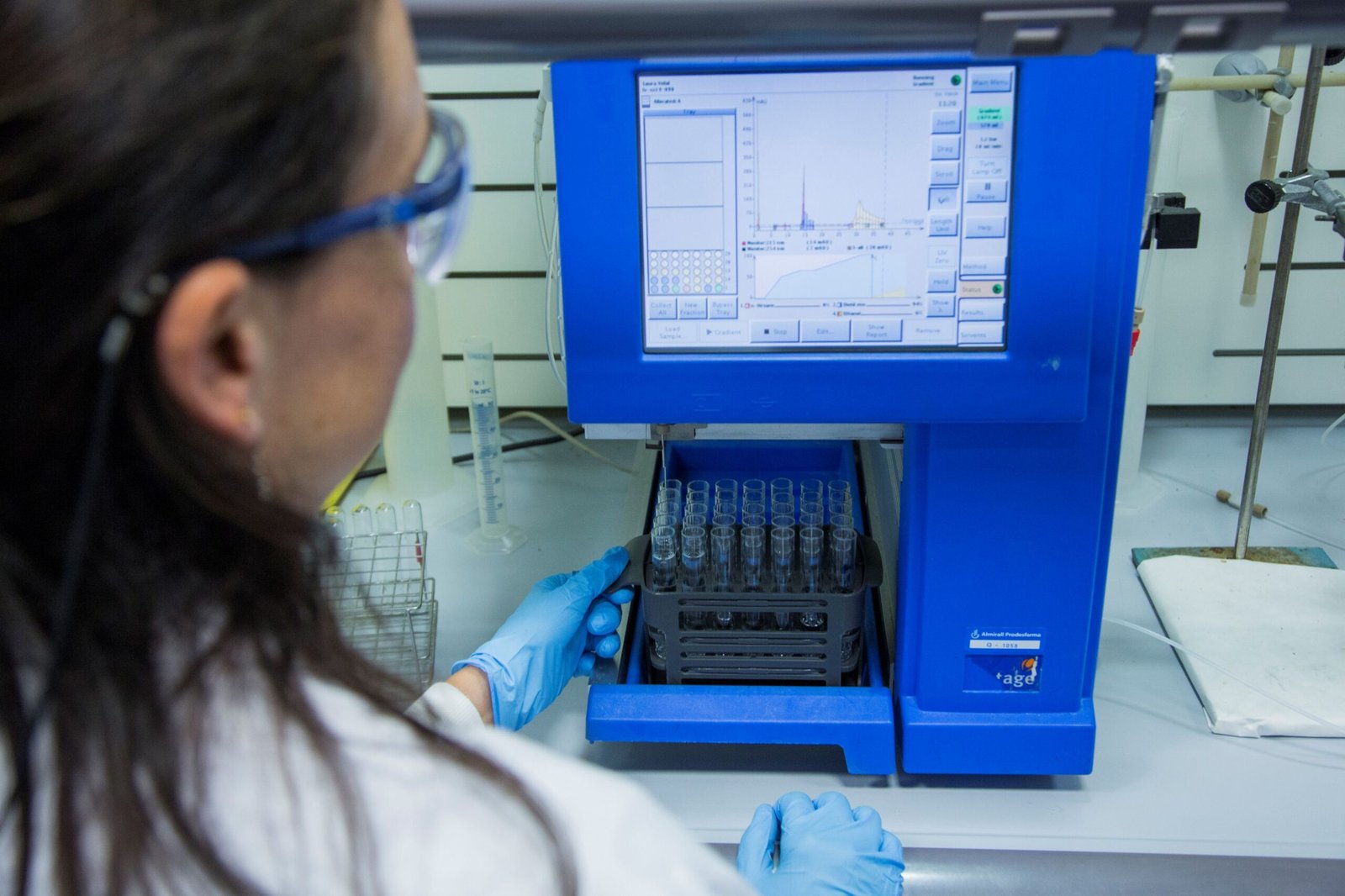Sarepta Therapeutics said it will resume shipments of its gene therapy Elevidys® (delandistrogene moxeparvovec-rokl) “imminently” to ambulant patients with Duchenne muscular dystrophy (DMD), ending a week-long pause at the recommendation of the FDA.
The agency reversed the request it made 10 days ago to pause shipments of Elevidys to ambulatory patients, after concluding that the third and latest death of an Elevidys patient, an 8-year-old boy in Brazil, was unrelated to treatment with the DMD gene therapy, as stated by Brazilian authorities.
“It is noteworthy that the third case reported in Brazil presented an improbable causal link with the use of Elevidys, and the condition is clinically compatible with a severe viral infection (influeza A), intensified by immunosuppression, resulting in death,” Brazil’s National Health Surveillance Agency-Anvisa concluded, in a statement translated from Portuguese via Google Translate.
Sarepta has said that it reported the boy’s death to the FDA on June 18 via the agency’s postmarketing electronic database, the FDA Adverse Event Reporting System (FAERS).
“We are very pleased that FDA chose to rapidly and comprehensively complete that review and to recommend that we remove our voluntary pause and resume shipment of Elevidys for ambulatory patients,” Sarepta CEO Douglas S. Ingram said in a statement. “The FDA’s swift review evinces a commitment to the Duchenne population, a commitment shared by Sarepta.”
Sarepta will continue to voluntarily pause shipments of Elevdys to non-ambulant patients while the company and the FDA continue to discuss the issue. The pause for non-ambulatory patients followed the deaths of two Elevidys patients earlier this year.
“The FDA will continue to work with the sponsor regarding non-ambulatory patients,” the agency said yesterday in a statement preceding Sarepta’s by minutes.
Talks between Sarepta and the FDA have focused in part on the agency’s request that Elevidys’ label include a black box warning for acute liver failure and acute liver injury, a request that Sarepta has supported.
“We look forward to working collaboratively with the FDA to complete the safety label update for Elevidys and to discussing the approach to risk-mitigation for non-ambulatory patients, who remain on pause pending the outcome of those discussions,” Ingram added.
Sarepta on July 18 initially refused the FDA’s request to voluntarily halt shipments of Elevidys for ambulant DMD patients “based on our comprehensive scientific interpretation of the data, which shows no new or changed safety signals in the ambulant patient population,” the company stated at the time.
The FDA responded by expressing “deep disappointment” in Sarepta—and threatening to leverage the agency’s “full regulatory authority” to compel the company to halt Elevidys shipments.
LGMD clinical holds
The FDA also placed clinical holds on Sarepta’s clinical trials of its gene therapy candidates for limb-girdle muscular dystrophy (LGMD). One of those LGMD candidates, SRP-9004, had been evaluated in the proof-of-concept Phase I DISCOVERY trial (Study SRP-9004-102; NCT01976091), until one patient in that study, a 51-year-old man with non-ambulant LGMD, died last month following dosing with SRP-9004.
The LGMD death came four months after Sarepta acknowledged the death of a 16-year-old young man with DMD following treatment with Elevidys in March, and just over a month after the company in June disclosed the death of a second Elevidys patient, whose age has not been disclosed.
Following the second patient death tied to Elevidys, Sarepta voluntarily paused shipments to non-ambulant DMD patients.
As with the two Elevidys patients, the LGMD patient who died succumbed to acute liver failure (ALF) after treatment with SRP-9004, a recombinant, adeno–associated viral vector (AAV) gene therapy. SRP-9004 is designed to deliver a full-length alpha-sarcoglycan transgene SGCA using the AAVrh74 vector, which, according to Sarepta, is designed to be systemically and robustly delivered to skeletal, diaphragm, and cardiac muscle.
“Our premise was that Elevidys stays on the market (despite the voluntary/temporary pause by SRPT)—though we also acknowledge Elevidys’ sales outlook was looking murkier when SRPT went against the FDA’s wishes,” since Children’s Hospital Los Angeles and some other hospitals had begun to pause dosing, Jefferies equity analyst Andrew Tsai wrote in a research note.
“Presumably, Elevidys returns to the ambulatory DMD market soon without needing a new safety study, so Q3 sales may be impacted only modestly (U.S. shipments were paused for a week). The (+) news will support the notion Elevidys might indeed “floor” at $500M+ annually into 2027,” Tsai also wrote.
That’s a long way off from Sarepta’s projection before the patient deaths of 162% yearly growth for Elevidys, which would translate to about $1.33 billion in net product revenue—nearly half the company’s initial 2025 net product revenue guidance range of $2.9 billion to $3.1 billion, representing 70% year-over-year growth.
Elevidys generated $375 million in net product revenue during the first quarter, up 180% year over year, and $820.8 million in net product revenue last year.
Outside the United States, rights to Elevidys are held by Roche, which generated $4 million in royalty revenue during Q1, and $16.8 million in 2024 on sales of the gene therapy.
“We wouldn’t be surprised to see SRPT stock trade above $20/sh,” Tsai added.
That prediction turned out to be true. Sarepta shares surged nearly 46% on the news in after-hours trading, to $20.20, after already jumping 16% to $13.86 during the trading day due to investor anticipation of FDA action favorable to Sarepta.
The post Sarepta to Resume Shipping DMD Gene Therapy to Ambulant Patients appeared first on GEN – Genetic Engineering and Biotechnology News.




